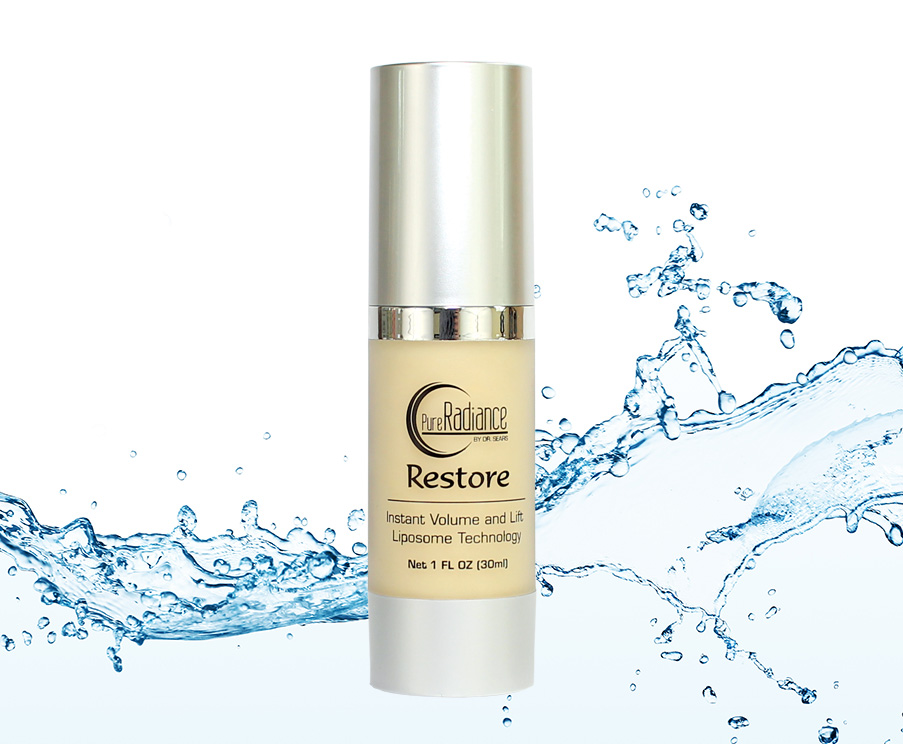
I tell my patients to avoid drinking soda not just because they make you fat.
Soda puts you at risk for health problems like metabolic syndrome. This is a collection of symptoms that can lead to diabetes, heart disease and other chronic diseases, like cancer.
The latest research reveals that sodas are a major cause of visceral fat — the deadliest kind of fat you can have, inflaming your tissues, rotting your blood vessels and upsetting your body chemistry.
Visceral fat is stored around your abdominal cavity. And it doesn’t just give you an apple-shaped figure. It wraps itself around your vital internal organs, like your liver and pancreas.
So when you go for your next appointment, you doctor should measure more than your weight. They should also measure your waist. This is not just an indicator of visceral fat levels and potential health problems that may be around the corner, but a sign that you may need to take action before it’s too late.
Visceral fat also tends to make your belly feel firm, rather than flabby. Let me explain…
Although people who are overweight or obese are more likely to have a lot of visceral fat, normal-weight people also can have too much, too.
You see, this type of dangerous fat is not a passive repository of energy. It functions like an active organ that emits hormones and other chemicals. Some of them are extremely harmful.
Visceral fat also appears to cause an increase in cortisol, the stress hormone. Left unchecked, cortisol wreaks havoc on your immune system and causes the inflammation at the root of many chronic diseases.1
That’s one reason why visceral fat significantly raises your risk of diabetes and heart disease — far beyond what was previously thought.
It has been shown to cause:
- Excessively high insulin levels;
- High triglycerides, which leaves dangerous deposits of plaque inside blood vessels;
- High blood pressure;
- Disruption of hormonal communication between organs.
And these can also lead to breast and colorectal cancer, stroke, Alzheimer’s disease and other forms of dementia,depression, arthritis, obesity, sexual dysfunction and sleeping disorders.2
According to Johns Hopkins Medicine, women with a waist measure of 40 inches or more and men with a waist measure of 35 inches or more are at greater risk of having health problems as a result of too much visceral fat.3
In a recent study, researchers working with the National Institutes of Health (NIH) analyzed the data of 1,003 sugary-beverage drinkers aged around 45 over a six-year period to measure changes in their visceral fat.
The subjects had CT scans at the beginning and end of the study period. And the results proved that participants who consumed sugary drinks on a daily basis had vastly higher increases in visceral fat — at an average 852 cubic centimeters.4
Sodas, of course, are just one part of the problem. I recommend my patients cut all processed foods and refined sugars from their diet, and dramatically reduce their carbohydrate intake.
Ideally, the bulk of your daily diet should be grass-fed or free-range meat and proteins as well as organic vegetables and fruits to ensure you’re getting the right balance of nutrients, fatty acids and antioxidants.
And as a healthy alternative to soda, I recommend my patients try what I call my “Green Drink.” It’s full of the vitamins and minerals your body needs and will help you keep visceral fat to a minimum.
Dr. Sears’ Green Drink

| Ingredients | |
| • ¼ cup radicchio | • ¼ cup parsley |
| • 1 purple carrot | • ½ cup Swiss chard |
| • 1 cucumber | • ½ cup filtered water |
| • 1 lime | |
After you gather these raw vegetables, simply blend with ice into a large smoothie. Enjoy!
To Your Good Health,
Al Sears, MD, CNS
1. Björntorp P. “Metabolic difference between visceral fat and subcutaneous abdominal fat.” Diabetes Metab. 2000 Jun;26
2.Whiteman H. “Sugary drinks may increase harmful body fat.” Medical News Today. January, 2016.
3.Johns Hopkins Medicine, The skinny on visceral fat, accessed 8 January 2016.
4.Fox CS, Ma J, McKeown NM, Hwang SJ, Hoffmann U, and Jacques PF. Sugar-sweetened beverage consumption is associated with change of visceral adipose tissue over 6 years of follow-up. Circulation. 2016.








